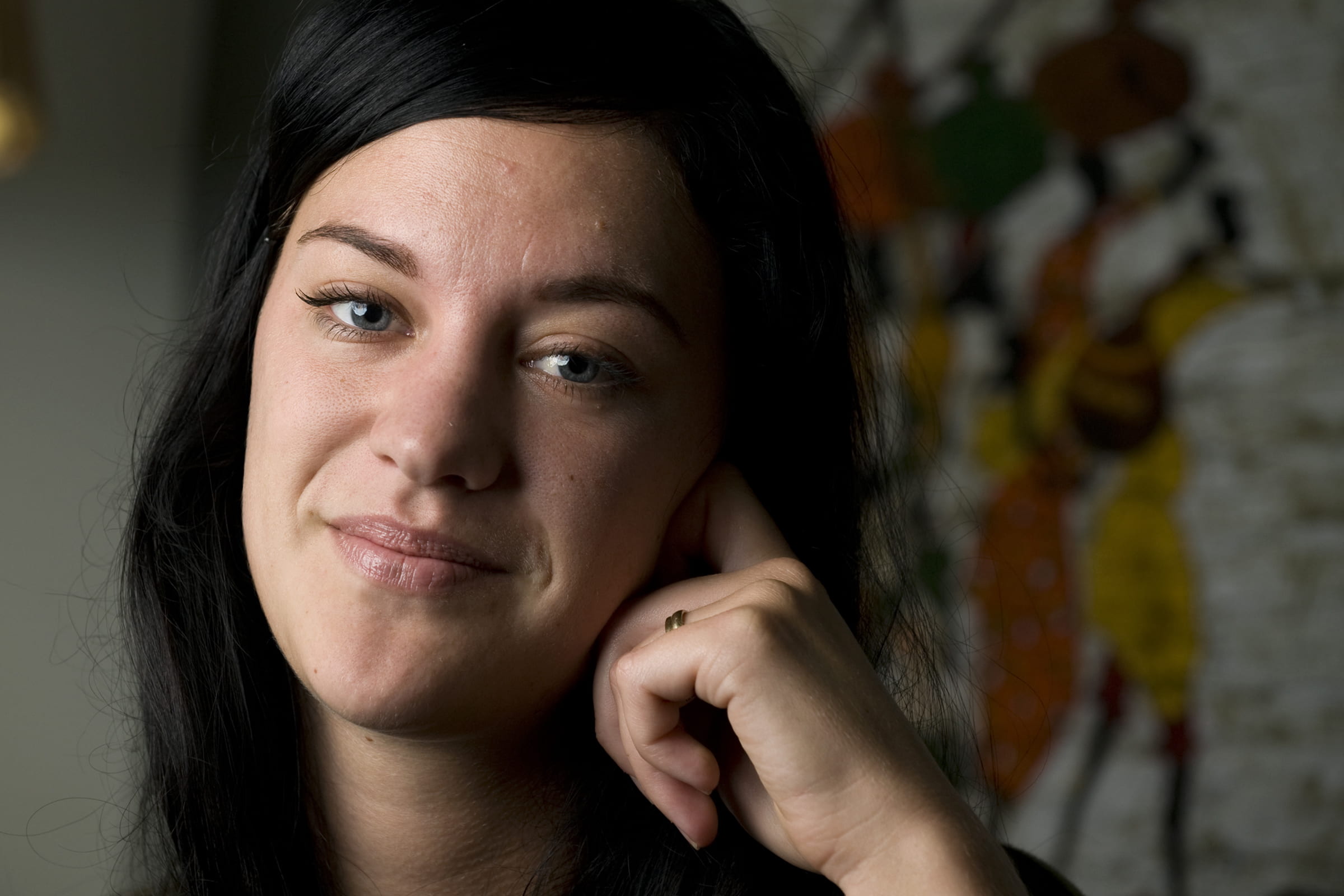Fighting poverty one loan at a time
Crystal Murphy Morgan studies chronic economic hardship in Africa and how micro-finance loans might help.

Crystal Murphy Morgan thought she would graduate from college and translate Spanish novels for a living. A humanitarian trip to Uganda as an undergraduate changed her perspective on the future.
People displaced by the war between the government and rebel groups waited hours in northern refugee camps for food and medical care. “There must have been 100,000 people just lined up, body to body, as far as the eye could see,” she recalls. “I knew then that I wanted to devote my work to poor people.”
A doctoral candidate in planning, policy & design at UC Irvine, Murphy Morgan is writing her dissertation on microfinance – the provision of small, low-interest loans – in post-conflict regions. Such loans can help the poor start and grow modest businesses. Supporters say microfinance alleviates poverty and encourages self-sufficiency.
Murphy Morgan spent July and August in Juba, Sudan, interviewing managers of microfinance institutions and loan recipients. Displaced Sudanese and refugees from the Democratic Republic of Congo, Ethiopia and the Central African Republic are struggling to rebuild their lives after decades of civil war and ethnic conflict, and some seek microfinance loans to do so.
“The basic premise of microfinance in Sudan is that returning citizens can participate in the local economy as a means to develop for themselves, rather than continuing dependence on relief aid,” Murphy Morgan said.
Multiple currencies in circulation and political instability can complicate microfinance, Murphy Morgan says. Cultural prohibitions on interest charges and the time constraints of repaying loans turn many people away from the practice.
“People may take out multiple loans to repay creditors and end up sinking deeper into debt,” she says. “Microfinance has a lot of potential, but it’s not a cure-all for poverty.”
Murphy Morgan’s work in Juba was funded by a grant from UCI’s Institute for Money, Technology & Financial Inclusion. The university’s Center for Unconventional Security Affairs and Center for Global Peace & Conflict Studies also support her research and travels.
CUSA will present its annual Human Security Award to the Playing for Change global music project on Thursday, Oct. 22, 6:30 p.m. at the Arnold & Mabel Beckman Center of the National Academies of Sciences & Engineering. CUSA directors hope the event will raise awareness of student research and global environmental and human security.
Says CUSA director Richard Matthew: “Crystal’s work is carried out under truly demanding conditions but is of tremendous potential value for academics and practitioners as they seek to understand what drives and sustains chronic underdevelopment.”